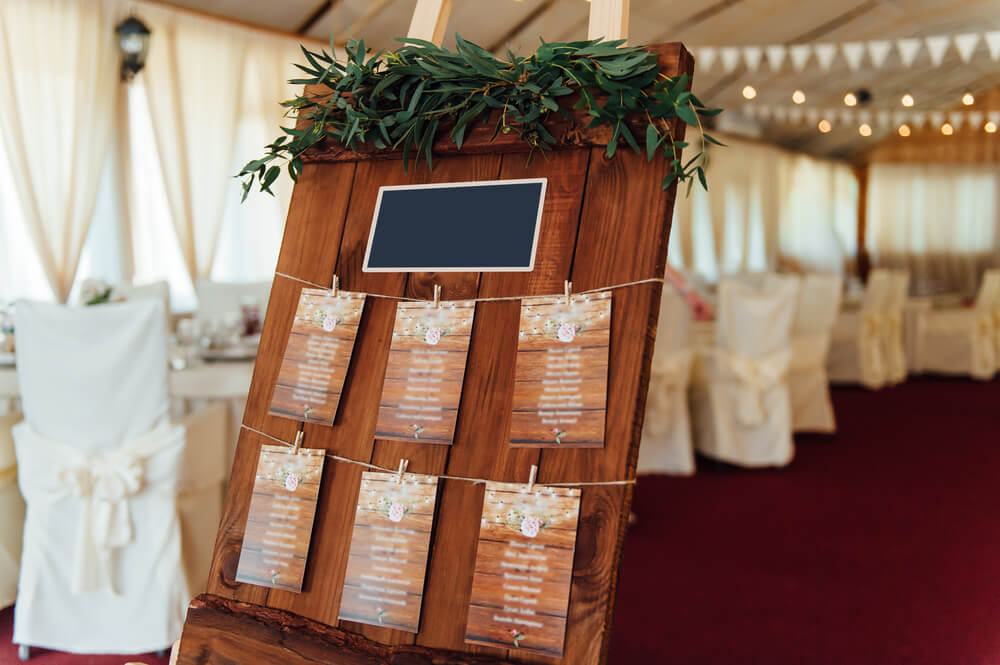BLOGS 3 Secrets of Mastering the Art of Event Planning

By Sarah Hill
Source: Bonjour Events
When imagining putting together a successful event, most people think they’ll have to be a big ball of stress and juggle thousands of little details in order to make the event a success. That’s why good corporate event planners are always in such demand, and why so few people actually make it in the business.
But the truth is, that the people that do succeed in putting together great events aren’t some super-humans, capable of perfectly executing every detail without breaking a sweat. In fact, everyone, outside of some relatively minor differences, have the same basic abilities to put together events, and the rest comes down to experience and contacts.
The good news is that anyone can be great at organising events, you just have to know the important “short-cuts” that allow you to sort through the millions of tasks and get to the very essence of what each event needs to be in order to turn out a success.
So here are three of the most essential secrets that go into the craft of event planning – each of them are essential to master if you want your events to be a hit each and every time.
Keep Communications Open
A common mistake that inexperienced corporate event planners make is thinking that they have to carry the entire event production and theming process on their shoulders. And while it is true that a big part of the development process relies on the expertise of the planner, in the end it is the client who has the best idea what he needs.
So a great way for an event planning company to make life easier is to ask the client as many questions as possible – having a clear idea of what the client wants will not only help you develop concepts around the event, but will also help to avoid situations where you have to re-do parts of the event because your and the clients’ visions were non in sync.
Also, don’t forget to consult with the client not only initially, but throughout the event production and theming process as well. While you may not always go with his exact vision, since you are the expert after all, communicating ideas usually generates the best results.
Leverage Time
While most people would probably agree that being able to manage time is important, actually applying good time management principles when organising events can be really difficult.
Usually, to really get good at leveraging your own time, experience in the field is required, but a good start is to track your activities, plan them ahead, and, perhaps most importantly, to pinpoint key areas that you are truly good at and focus on them, building everything else around them.
One thing you can (and always should) do when taking on an event management project is make sure that you have enough time to execute everything properly. Giving yourself a head start to put the event together is perhaps the most important detail that can mean the difference between success and failure.
Don’t Be Afraid to Delegate
Finally, as you’ll discover as soon as you start crafting your first event, you can’t handle every little detail of the event yourself. In fact, it’s a fair statement that while you may be in charge of the “big picture” of the event, the lion’s share of the grunt work actually gets executed by the people that you employ.
So an essential skill every event planner simply must possess is being able to efficiently delegate tasks while still ensuring that everything gets done right. This basically boils down to selecting the right people for each job and giving them clear, concise and precise directions at what needs to be done. It doesn’t matter if the florist is world-renowned – you have a vision of what you need, and the florist needs to execute it, or else he/she is not the right fit.
An additional perk of delegating tasks is actually being able to focus on the things that you feel you need to do yourself, or just the things that you really enjoy doing and/or are really good at.

